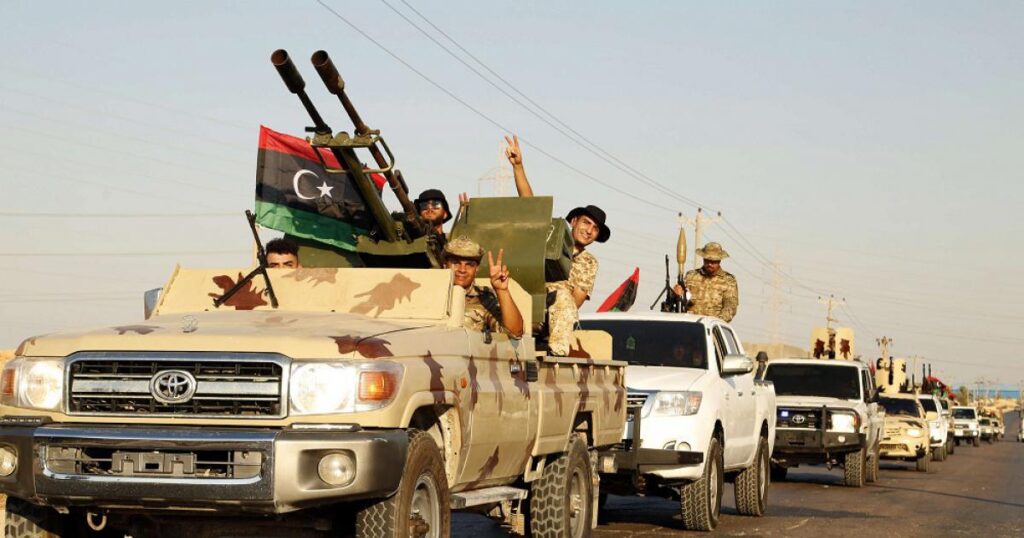Tripoli – The United Nations Support Mission in Libya warned today, Tuesday, of the continuation of military mobilization, expressing its fears that the conflict over legitimacy between two competing governments will descend into an armed clash.
The mission stressed that the current political impasse and all aspects of the crisis in Libya cannot be resolved by armed confrontation, adding in a statement posted on its website, that “the resolution of these issues can only come through the Libyan people’s exercise of their right to choose their leaders and the renewal of the legitimacy of state institutions through democratic elections.” .
The UN mission said it was deeply concerned about what it described as a continuous mobilization of forces and threats to use force to resolve the political crisis in the country.
She explained that she is following up “with great concern the mobilization of forces and threats to resort to force to settle the allegations of legitimacy in Libya.” It also called for “immediate de-escalation,” stressing that “the use of force by any party is unacceptable and will not lead to any result that would guarantee recognition by the international community.”
It indicated that it “will continue to work with the relevant Libyan institutions and all actors to return the electoral process to the right track as soon as possible.”
And the Libyan government headed by Fathi Pasha, who won the confidence of Parliament, warned that “anyone who carries weapons against the government will be pursued by law and will be tried for this crime,” considering in a statement published on Tuesday on its official Facebook page, that the national unity government headed by Abdel Hamid al-Dabaiba “has expired its powers and duration. It has no legitimacy.
And on Monday, the United States renewed its call on all parties in Libya to immediately stop the escalation, in order to avoid a possible violent confrontation in the capital, Tripoli.
“We are deeply concerned by the possibility of renewed threats of violent confrontation in Tripoli and call for an immediate de-escalation by all parties,” the State Department said.
On July 21 and 22, clashes with heavy weapons took place in the center of Tripoli between the “Deterrence Force, Combating Terrorism and Organized Crime” led by Abdel Raouf Kara, and the Presidential Guard led by Ayoub Abu Ras, who was called the “Tripoli Revolutionaries Brigade”, in the context of the recurring conflict between the battalions in the Libyan capital. On control and influence.
Libya is witnessing a political crisis represented by the presence of two conflicting governments, one of which is the Bashagha government appointed by the House of Representatives in early March 2022, and the other headed by Abdel Hamid al-Dabaiba, who refuses to hand over power except to a government that comes through a new elected parliament.
The United Nations, through its mission in Libya, is leading efforts to resolve the crisis on 3 axes: The first is political, by forming a committee from the House of Representatives and the State to lay down a consensual constitutional basis that leads to elections.
The second is a military dialogue represented by a joint committee (5+5) consisting of the parties to the conflict in the country, which has taken steps in the past to unify the military institution. The third axis of international efforts to resolve the crisis is represented by another dialogue aimed at unifying the divided economic institutions.

